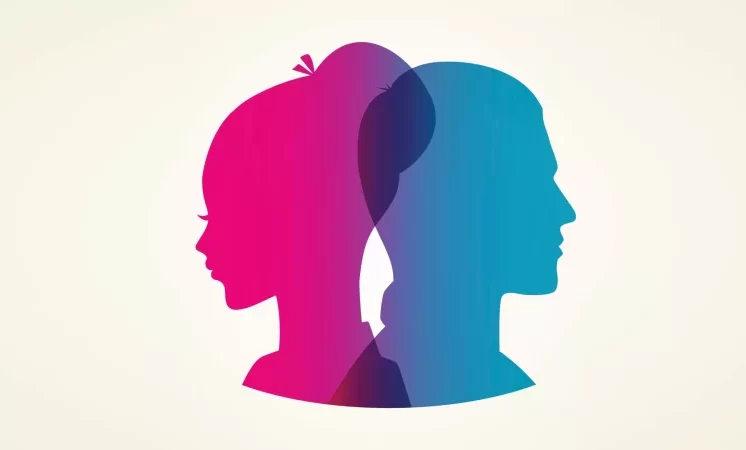Exploring Gender Differences: How Males and Females Respond to Emotional Challenges

Emotions are a fundamental aspect of human experience, shaping our perceptions, decisions, and interactions with the world around us. However, a question that has long intrigued researchers and psychologists is whether males and females respond to emotional challenges in the same way. Do societal norms and biological factors contribute to distinct emotional reactions? In this blog post, we will delve into the fascinating world of gender differences in emotional responses, uncovering the complexities that lie beneath the surface.
Understanding the Gender-Emotion Connection:
While it’s essential to acknowledge that individual experiences vary greatly, scientific research has unearthed certain patterns in how men and women tend to respond to emotional situations. Societal influences, upbringing, and biological factors intertwine to shape these responses.
Cultural and Societal Factors: From a young age, boys and girls are often exposed to different societal expectations regarding emotional expression. Boys may be encouraged to be “tough” and suppress vulnerable emotions, while girls might be given more leeway to express their feelings openly. These early influences can influence emotional responses later in life.

Biological Influences: Biological differences, such as hormonal variations, might contribute to divergent emotional reactions. For instance, studies have suggested that the hormone oxytocin, often dubbed the “bonding hormone,” could impact emotional connections differently in males and females.
Examining Research Findings:
Numerous studies have attempted to shed light on the nuances of emotional responses between genders. While no single conclusion can be drawn due to the complexity of human behavior, these studies have highlighted intriguing insights:
Communication Styles: Research suggests that women may be more inclined to use empathetic and emotionally expressive language, while men might lean toward problem-solving approaches when faced with emotional challenges.
Stress Responses: Men and women might exhibit varying physiological responses to stress. Women might tend to seek social support when stressed, whereas men might be more inclined to engage in solitary activities.
Empathy and Compassion: Some studies propose that women may show higher levels of empathy and compassion, while men might prioritize strategies to manage emotional distress internally.
Breaking Down Stereotypes:
It’s important to note that generalizations based on gender can perpetuate stereotypes and overlook the vast diversity of individual experiences. Emotional responses are highly contextual and can be influenced by personal history, culture, and personality traits. Recognizing and respecting these individual differences is crucial to fostering a deeper understanding of the complexity of human emotions.
In conclusion, the realm of emotional responses, the interplay between gender, biology, and society creates a rich tapestry of behaviors and reactions. While research continues to offer insights into the ways males and females might respond differently to emotional challenges, it’s vital to remember that each person’s emotional journey is unique. By embracing a holistic perspective, we can promote empathy, understanding, and open conversations that help bridge any gaps in our emotional connections.
As we navigate the intricacies of gender and emotions, let us strive to create a world where every individual feels empowered to express themselves authentically, regardless of societal expectations or gender norms.